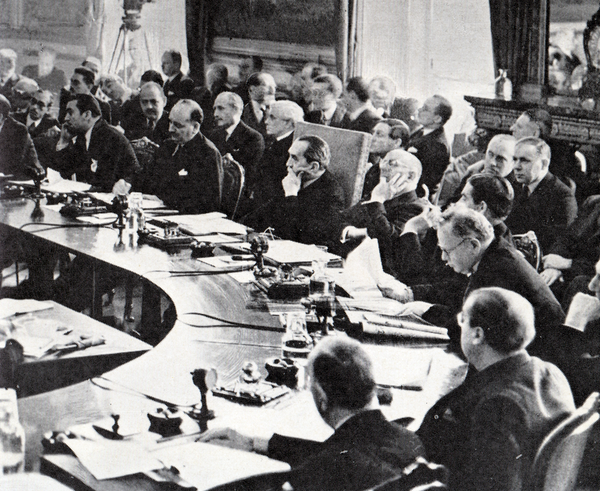League of Nations Successes
The League of Nations successes are frequently obscured by its failures. When Europe headed towards war in the 1930s, it was clear that it had failed in its primary aim: to prevent another European war. However, in its early years when the horrors of World War One were still remembered by all, the League did have successes, even if these tended to be in areas that had little strategic or economic importance.

Aaland Islands
One of the League’s successes was in handling the Aaland Islands crisis in 1921. Although the islands belonged to Finland, the islanders wanted to be governed by Sweden. However, neither country could agree on who owner the Aaland Islands leading the League to adjudicate in 1921. The League decided that the islands should remain with Finland but they should never contain weapons - a decision that is respected to this day.
Upper Silesia
The League also successfully handled a crisis in Upper Silesia in 1921. The Treaty of Versailles gave the people of Upper Silesia that option of a referendum on whether they stay under the control of Weimar Germany or Poland. The majority voted for Germany, but the result was so close that rioting broke out. The League intervened and after a six week enquiry decided that the territory should be split between Germany and Poland.
Lithuania
The League also resolved a problem in a port in Lithuania called Memel in 1923. As most of the people in Memel were Lithuanians, Lithuania believed it should govern the port. However, according to the Treaty of Versailles the land had to be governed by the League. The League intervened after the port was invaded by the Lithuanians. It gave the land surrounding the port to Lithuania and made the port itself an international zone.
Turkey
When the League faced a humanitarian crisis after the 1923 war in Turkey it gave extensive aid to the country. Doctors were brought in from the World Health Organisation and £10 million was spent on humanitarian aid. It also invested in wells, seeds and digging tools.
Greece and Bulgaria
The League also successfully managed a dispute between Bulgaria and Greece in 1925. Violence broke out when Bulgarians sentries patrolling the common border between the two countries shot at each other. Greece invaded Bulgaria leading to the intervention of the League. The League ordered Greece to withdraw from Bulgaria and found Greece to be responsible. This decision was accepted by both countries.
See also: League of Nations Failures
MLA Citation/Reference
"League of Nations Successes". HistoryLearning.com. 2025. Web.
